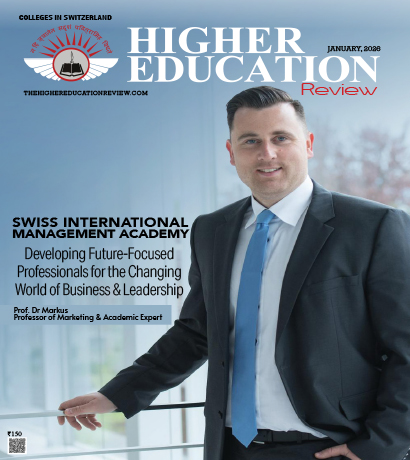Re-branding Education as an 'Experience'
 In the 21st century, teachers are no longer transmitters of ideas and children no longer merely receivers. The traditional lecture theatre is changing radically, with universities becoming more open to finding the optimum learning environment. Theatres are being swapped for more casual learning environments while traditional "chalk and talk" is in decline. Lectures have become webinars and distance learning is growing year on year.
In the 21st century, teachers are no longer transmitters of ideas and children no longer merely receivers. The traditional lecture theatre is changing radically, with universities becoming more open to finding the optimum learning environment. Theatres are being swapped for more casual learning environments while traditional "chalk and talk" is in decline. Lectures have become webinars and distance learning is growing year on year.
The Education Show in U.K. popularly known as BETT (British Educational Training and Technology) Show 2017, where one of the keynote speakers, Sir Ken Robinson outlined why he feels the school system is not built to accommodate student's natural learning instincts, but rather fails them, and then chastises them for failing. He envisioned a bottom-up approach to building a creative school system that can work.
The most important impact of digital technology on education is that it has made the world a much smaller place. Children today no longer live within the confines of their immediate surroundings and communities. Students can learn with anyone so long as they can reach them via the internet.
We are already at a point in our collective learning as specie where education should be fun and engaging. We must find ways about how to empower and inspire students every day as to expect more from their future. Learning becomes truly successful when the lesson finishes in the 'brick n mortar' classrooms and yet the conversations dwell on. The idea is to move from traditional teaching methods, from the passive to the active. If education fails to keep up with the advent of technology, the result most likely is inequality. The most consistent opinion has been that education should be more personalised. Criticism of standardization in education has been building for a few decades and customised learning is the only antidote.
Some might say Generation Z has an 8-second attention span, and their sources of information are very different from their ancestors (e.g. social media). Many students must be financially driven due to high fees and a competitive post-recession job market. They want a more modern approach to learning that fits in with the technology and progressive pedagogy of the 21st century.
Data analytics are being used to give instant, personalised feedback track each pupil's progress over time and identify areas for improvement. Data analytics are being used to give instant, personalised feedback track each pupil's progress over time and identify areas for improvement.
Augmented and virtual reality gives students the ability to transform the way they learn. In this new age of multimedia environments and high technology, education is moving from a single dimension to a multidimensional approach. AR, VR and other new products are filtering into the sector, such as haptic controllers for medical students to practice procedures on. Technology does not necessarily need to include disruptive smartphones, the use of technology in the classroom, from interactive whiteboards, laptops, and touch screens, to interactive tables, tablets and smartphones, brings great benefits to both teachers and students. This is truly learning by experiencing.
Vatsal Juvariwala is an IIT Delhi alumnus works as a product evangelist for his company's e-classroom software solution (Campusknot) and lectures on topics such as Digital Marketing and Sales Management at reputed universities across India.

